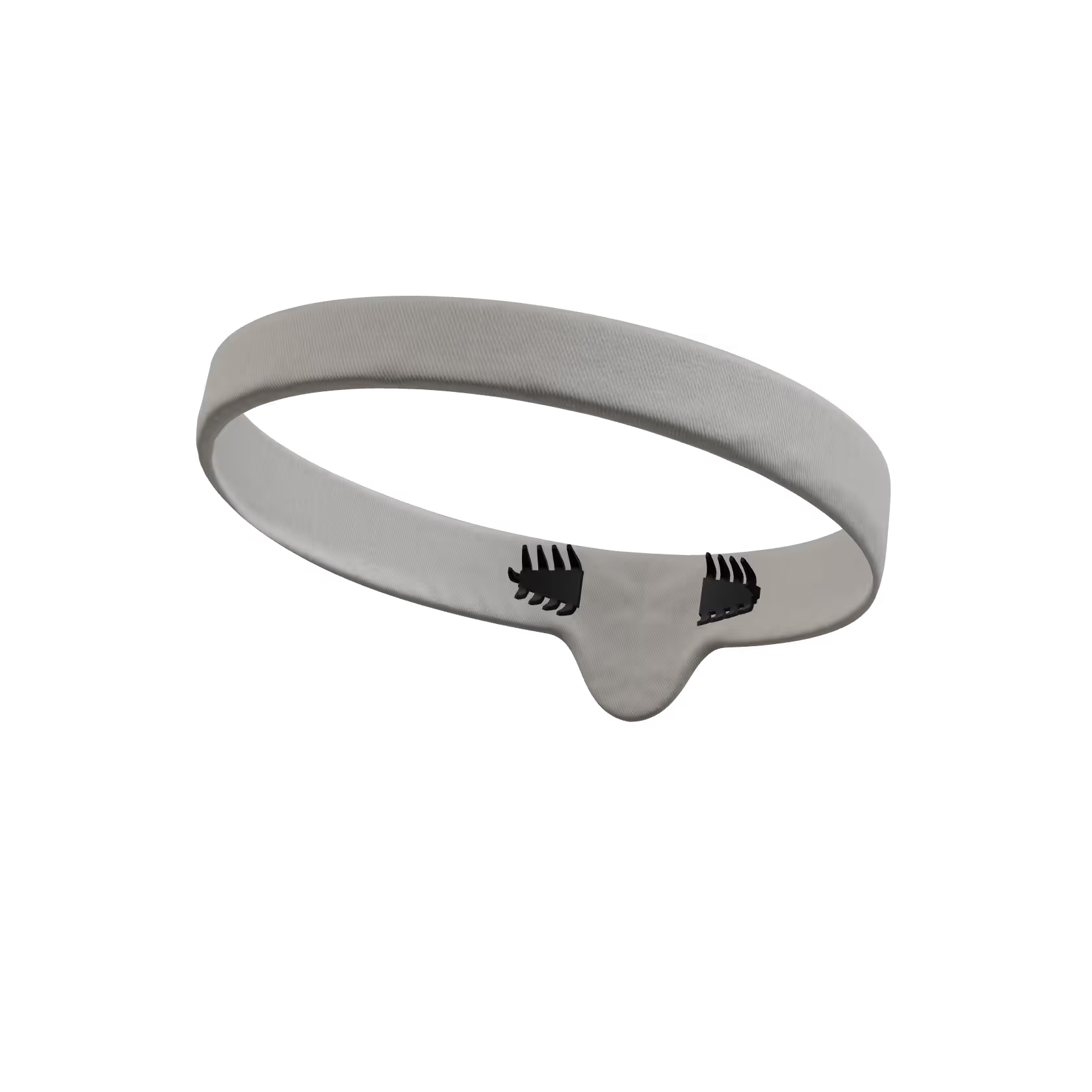I just don't want to be tired anymore!

This is the thought that struck me one night while I lay in bed wrapped up in my weekly dance with sleep and insomnia. It wasn’t so much that I wanted to sleep, after 47 years of struggling with sleep I had come to terms with the fact that other people were good at sleep, but I wasn’t. So if I wasn’t going to be able to get to sleep, how was I going to function without being tired?
In order to understand how to not be tired after another sleepless night, I dove into the current research on sleep. In my attempt to solve this puzzle, I started tracking my sleep on spreadsheets, examining my activities, diet, and other factors in an attempt to decode why I sometimes slept, and why I often could not. Why could I feel great after 4 hours sleep, and sometimes feel terrible after 10.
The sleep trackers told me that I didn’t sleep, which wasn’t very helpful, as being awake, this was a fact I already knew. When I did sleep, the tracker would say I didn’t get enough REM sleep, or I didn’t get enough deep sleep. It wasn’t long before I recognized that this data alone was of no direct value. It explained why I maybe felt tired, but I was still left without a solution to my problem.
I started speaking to other people about what they did to help them sleep, and I heard some of the most amazing things. I was surprised to find how many people were affected by poor sleep, how many people searched out the most boring podcast they could find in order to have a dull voice drone them to sleep. White noise, pink noise, and YouTube full of music meant to lull you into the perfect slumber.
There is a market filled with devices and contraptions that nobody wants and doesn’t fix the problem.
People naturally turn to sound to calm their racing mind.
We’ve had an innate understanding of how to use sound to alter our mood and mental states, why can’t we use this same knowledge to fix our sleep. Clearly people have been trying to put together their own solutions, but how we’ve used sound in the past has only solved a small part of the problem. If a podcast, pink noise, or music helps to get you into an unconscious sleep state, that’s just the beginning. If you are asleep, but your brain isn’t going through the right phases of sleep, it isn’t getting the right recovery that it needs, and that time is essentially wasted.
The latest neurology research shows that we can use sound to alter our sleep patterns and also to make our sleep more effective.
We need more than just sleep efficiency, a measure of the amount of time spent asleep over the amount of time spent in bed. At Affectable Sleep we’re focused on your Sleep Performance. It’s how you feel when you wake up. It’s how your mind moves through each stage of sleep.
How effective is your sleep in preparing you for the day ahead?
We occasionally have days of magical sleep, and upon waking we’re in a state of bliss. Rested, recovered, and primed for the day ahead. We want to help you wake up feeling that way every day.
Don’t suffer another bad night of sleep, don’t leave your sleep to chance.
Sleep well with Affectable Sleep (formerly SoundMind).
